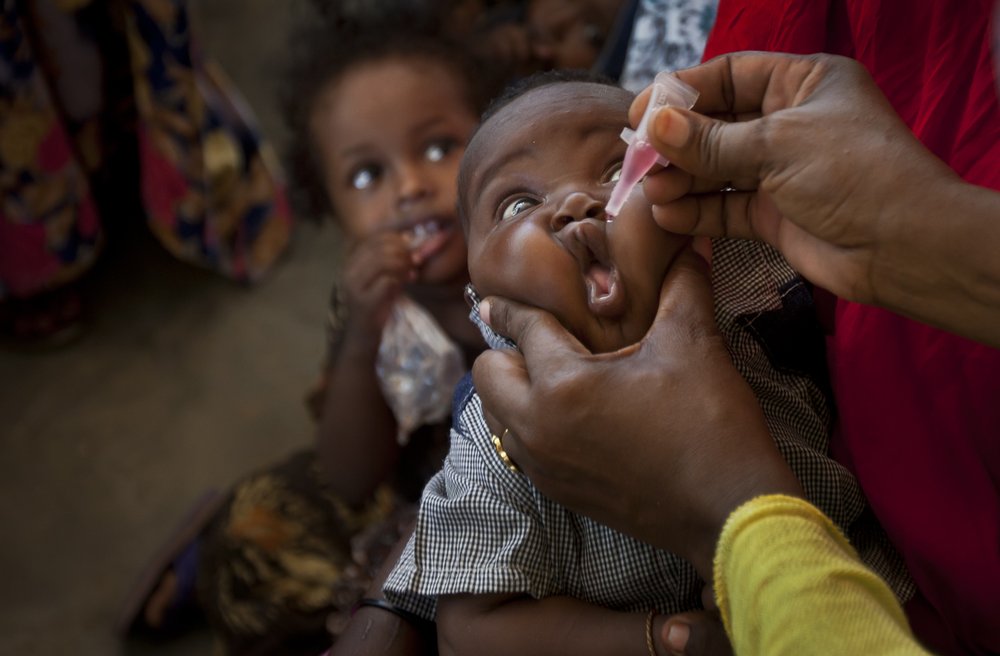
Africa set to be declared free of wild poliovirus

The World Health Organization (WHO) is set to declare on Tuesday that the African continent is free from wild polio after decades of effort to eradicate the virus.
However, cases of vaccine-derived polio are still sparking outbreaks of the disease in more than a dozen countries.
The announcement by the African Regional Certification Commission for Polio Eradication comes after no cases have been reported for four years.
Polio once paralyzed some 75,000 children a year across Africa.
The declaration is seen as a rare glimmer of good news in Africa amid the COVID-19 pandemic, an Ebola outbreak in western DRCongo, the world’s worst measles outbreak in Congo and the persistent deadly challenged of malaria, HIV and tuberculosis.
The World Health Organization says it is just the second time a virus has been eradicated in Africa, after the elimination of smallpox four decades ago.
Sometimes patchy surveillance across the vast continent of 1.3 billion people raises the possibility that scattered cases of the wild poliovirus still remain, undetected.
The final push to combat the wild poliovirus focused largely on northern Nigeria, where the Boko Haram Islamic extremist group has carried out a deadly insurgency for more than a decade.
Health workers at times carried out vaccinations on the margins of the insecurity, putting their lives at risk.
The last reported case of the wild poliovirus in the continent was in Nigeria in 2016.
The country had been removed from the global list of the polio-endemic nations as a step closer to being declared polio-free, but new cases were then reported in children in the north.
This new declaration doesn’t mean Africa is polio-free. Cases remain of the so-called vaccine-derived poliovirus, which is a rare mutated form of the weakened but live virus contained in the oral polio vaccine.
That mutated virus can spark crippling polio outbreaks, and 16 African countries are currently experiencing one: Angola, Benin, Burkina Faso, Cameroon, Central African Republic, Chad, Ivory Coast, Congo, Ethiopia, Guinea, Ghana, Mali, Niger, Nigeria, Togo and Zambia.
Health authorities have warned that the coronavirus pandemic has disrupted vaccination work in many countries across Africa, leaving more children vulnerable to infection.
WHO and its partners reluctantly recommended a temporary halt to mass polio vaccination campaigns in April, realizing the move could lead to a resurgence of the disease.
In May, they reported that 46 campaigns to vaccinate children against polio had been suspended in 38 countries, mostly in Africa, as a result of the coronavirus pandemic.
Eradicating polio requires more than 90% of children being immunized, typically in mass campaigns involving millions of health workers that would break social distancing guidelines needed to stop the spread of COVID-19.
Health officials had initially aimed to wipe out polio by 2000, a deadline repeatedly pushed back and missed. Even now in northeastern Nigeria, thousands of children remain out of reach of health workers carrying out vaccinations.






